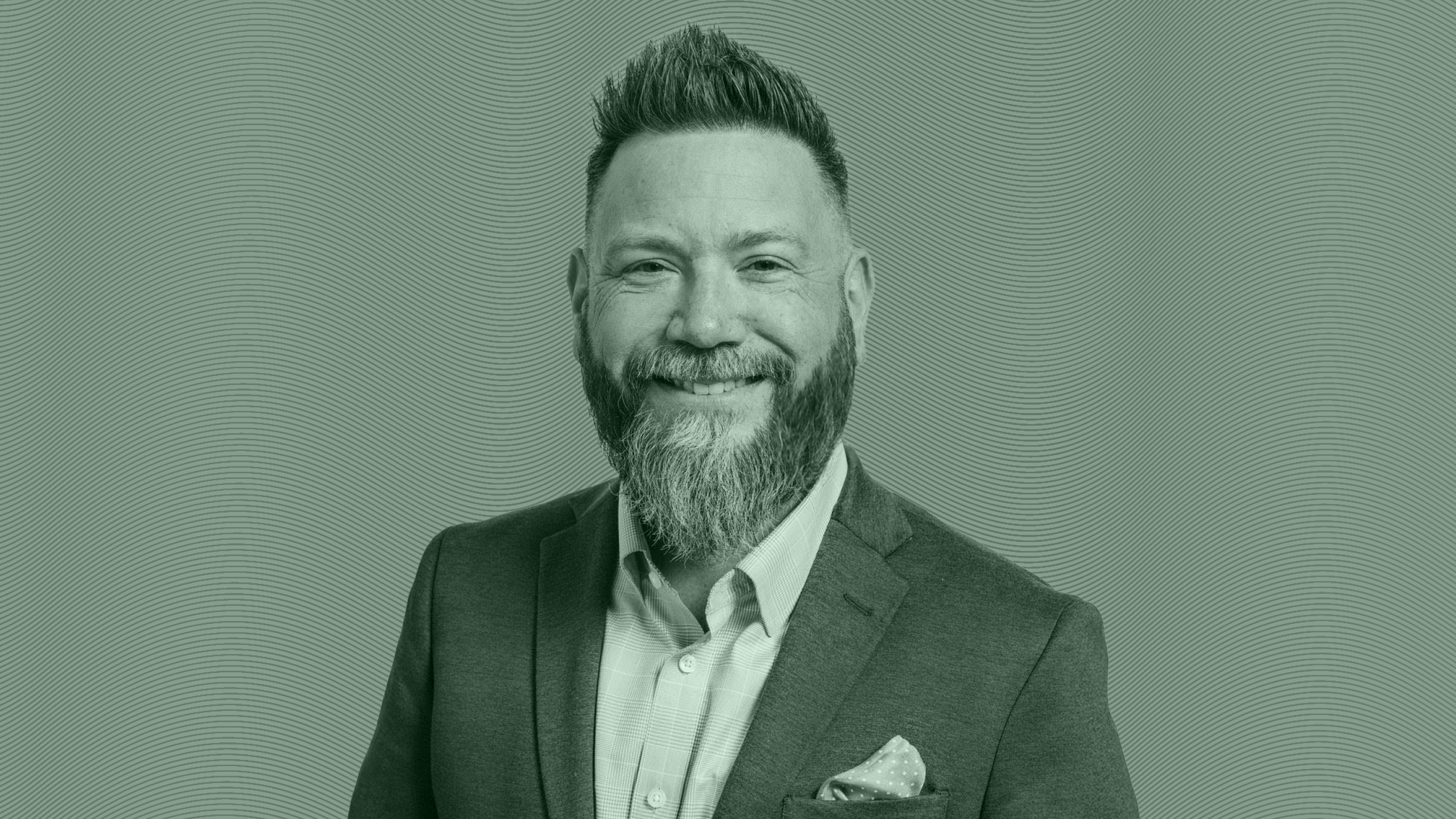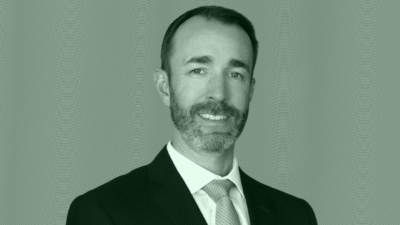How New FPA CEO Dennis Moore Plans to Shake Up Planning
Moore may be an industry veteran, but he has some innovative ideas for the association and its members.

Sign up for market insights, wealth management practice essentials and industry updates.
The FPA has a new leader ready to bring a 25-year-old organization into 2026.
The Financial Planning Association tapped Dennis Moore as full-time CEO last month, elevating him from an interim role following the death of former chief executive Patrick Mahoney in February. A veteran of the organization, having also served as its COO and the president of two chapters, Moore steps in just as the trade association turns 25. He said he plans to helm a revitalized conference strategy, new educational content and ongoing advocacy projects. The new captain of the ship will also have to navigate the ongoing AI flood and the Great Wealth Transfer. He’s also no stranger to the FPA and became familiar with the association while getting his undergraduate degree in personal financial planning, as well as his MBA, from Texas Tech University. Currently living outside San Antonio, he is also pursuing a Ph.D. in financial planning.
Advisor Upside spoke with Moore this week after his new role was announced.
What are your plans for the first few months on the job?
The FPA board of directors are the ones who set the strategic vision for the association, and so then my role as CEO is just to execute on that. We’re right now nearing the end of the first three-year part of the strategic plan, so we’ll be working on the next three years. I want FPA to be more visible in the profession. We’re presenting our FPA competency model, which is a new [module] that we just launched this summer that highlights the human side of financial planning, a complement to the technical side. It focuses more on the behavioral side, the psychology of financial planning. There are six different competencies: everything from leadership to communication to critical thinking … It’s an at-your-own-pace type of program. There’s no right or wrong. It’s just an assessment on where you are in your development, and then, depending on that, it will create a development plan for how you can continue to hone those skills, whether it’s pointing to some journal, or articles in The Journal of Financial Planning, or to an upcoming conference with some sessions specifically [tailored] to that area, webinars, whatever it may be. But it gives you a path to hone those skills.
Over the next year, we are laser-focused on some of the things that we’ve been rolling out: building out the media source, building out the competency model. Next is the conference strategy, and executing on that in 2026. Beyond that, it’s trying to find not only the value that we bring, but being able to communicate that value. It’s making FPA more visible, advocating on behalf of our members for a variety of things: tax issues, compensation issues, things like that.
What kinds of policies does FPA advocate for at the state or federal level?
We monitor lots of things. Just this past year, there have been several that we got involved in at the state level around professional service taxes. There were a couple states introducing legislation to put a tax on professional services, and we are against that. So we worked with our chapters in those states to go and testify before the state and get our message across, and we were successful in getting those turned away, or at least making financial planning services not [subject to] those professional taxes.
We’ve also been advocating for the Freedom to Invest in Tomorrow’s Workforce Act, which just got passed at the federal level. That’s where you can use your 529 savings account plan assets for more than just the college tuition, like it had been. It broadened it out to where it can be for certification and different types of education. So that is a benefit for members but also society … That’s where FPA really gets its power because it’s not only a national organization, but it will go outside of [any one] state or in multiple chapters as we collaborate.
What will FPA conferences look like under your tenure?
We just wrapped up our annual conference, where we unveiled a new conference strategy. It’s more than just a branding and a logo; we’re really changing and evolving how we do conferences and what that means. That means planning for our members basically from when they enter the profession to when they retire. Depending on where you are in your professional journey, we’ve got a conference for you to continue to hone those skills that are important to you.
We’ve got a conference called FPA Gathering that is focused on those new to the profession. Our next-gen community is that focus, so the first 10 years of being in the profession. That conference is all about how to navigate the profession: How do you grow? And then we have another one, FPA Shift, that [goes a little] more in-depth in terms of advanced planning… We have FPA Summit, which is a larger conference. Our fourth is FPA Lead, and that’s for our chapter leaders across the country. Each conference is going to be tailored around those themes with the overall theme of a journey throughout your career.
What kinds of things are you learning in your Ph.D. program that you might apply to this role, or that you think will help you in this new role?
In any profession, the academic side is really important — building the body of knowledge, working on theory, different things like that, so practitioners take it and work with their clients on it. Being able to see it from that academic side and see the research going into it, and see the lens that they’re looking at the profession through, has been really, really helpful for me. It’s opening my eyes to that side of the profession … Financial planning as an emerging profession is still relatively young — [around] 50 years — so a lot of the body of knowledge is still being researched and explored.
The FPA does pro bono work as well. What kinds of pro bono programs does it offer?
We’ve got a pro bono initiative [both] nationally and at the chapter level. A lot of our chapters engage in pro bono work, everything from joint ventures with local entities that our chapters work in [to] after natural disasters, like fires. We can help with pro bono support once things are in a place [after a disaster] to be able to do that. We’ve also got a Financial Planning for Cancer Program, and we work with Homes For Our Troops. So we partner with other like-minded organizations.
What do you see as some of the biggest challenges facing advisors right now?
One that’s on everybody’s mind is just how to navigate technology and AI. How do you use that in your business and your practice? I don’t believe AI will be replacing our members and our planners anytime soon. I think it is going to be a tool that they’ll be able to use, so just figuring out how to incorporate it into their practice, their business and how to use it as a tool. There’s also the big wealth transfer going on right now, and what that looks like in the coming years. Those are two problems on my mind right now, and that’s where FPA is leaning in.











